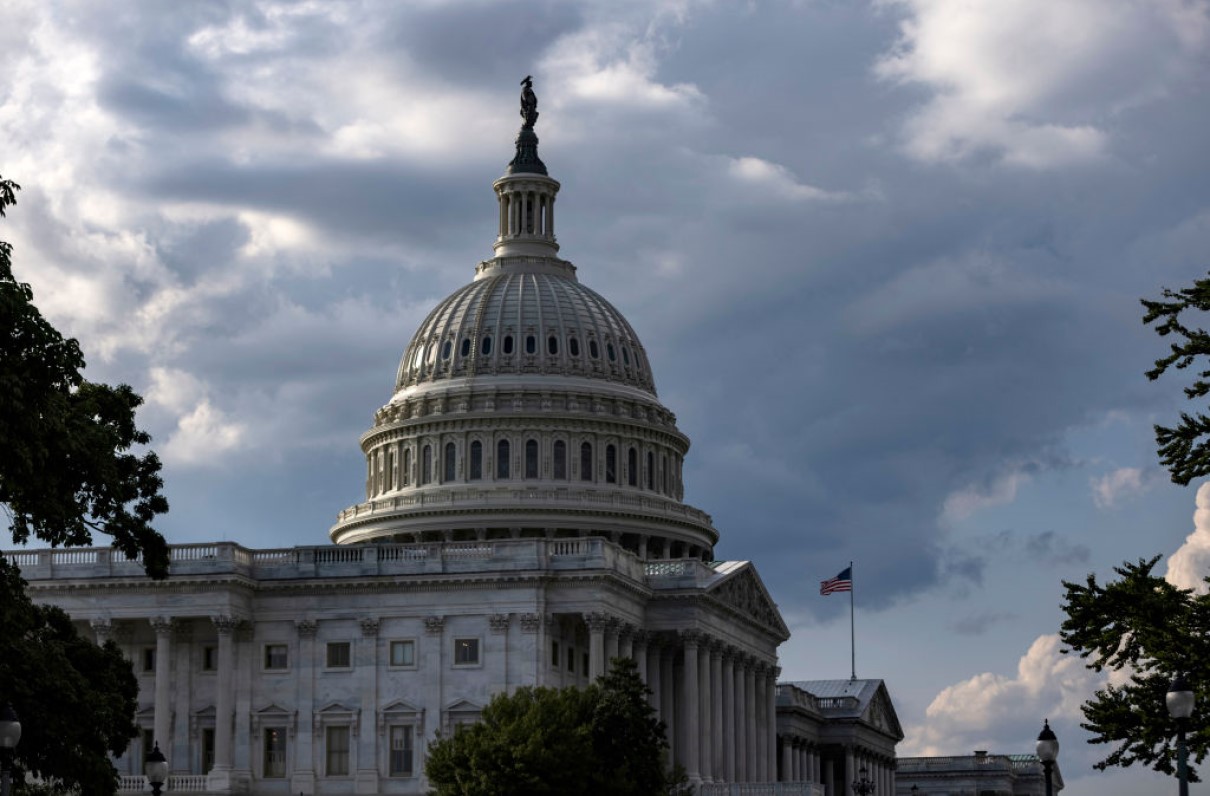Congress may be in the midst of its August recess, but MOAA remains engaged with the FY 2023 National Defense Authorization Act (NDAA) and budget process – and MOAA members have the opportunity to engage, as well.
The House passed its version of the annual defense bill in July, and the Senate plans to take up its version upon returning to session after Labor Day. Ahead of the House passage, MOAA sent a letter to House leadership outlining several amendments important to our members; we were pleased to see they were included in the final legislation.
[TAKE ACTION: Write Your Senators Today to Support Key NDAA Provisions]
The Senate Armed Services Committee (SASC) wrapped up its markup of the NDAA in late July. MOAA sent a similar letter to Senate leadership outlining our support for several MOAA-backed provisions outlined in the SASC version of the bill, with a goal of securing their inclusion in the final legislation.
Six of the provisions dealt with issues affecting the active force:
- Modernization of the Selective Service System.
- Authorization of a pilot program to hire special education inclusion coordinators for child development centers.
- Extension of authority to temporarily adjust the Basic Allowance for Housing (BAH) in certain areas.
- Establishment of a Department of Defense Military Housing Readiness Council.
- Mandatory disclosure of potential presence of mold and health effects of mycotoxins before a lease is signed for privatized military housing.
Two provisions would affect Guard and Reserve forces: One would allow for backdating of effective date of rank for Reserve officers in the National Guard due to undue delays in federal recognition, and another requiring an independent study on the federal recognition process.
[RELATED: This NDAA Provision Would Halt Planned Military Medical Staffing Cuts]
Two others target health care concerns, with one allowing for improvement of referrals for specialty care under TRICARE Prime during permanent changes of station, and a second establishing a scholarship-for-service pilot program for civilian behavioral health providers.
High-Priority Amendments
Additionally, MOAA offered full support for several prospective floor amendments – improvements to the SASC version that could be made prior to the full Senate vote. These include:
- The text of the Major Richard Star Act, which would end an unfair offset faced by more than 50,000 combat-injured veterans who lose a dollar of DoD retirement pay for every dollar of VA disability pay they receive.
- Improved TRICARE coverage for young adult dependents, allowing the benefit to keep up with civilian insurance plans.
- Ending forced arbitration provisions for the Servicemembers Civil Relief Act (SCRA) and the Uniformed Services Employment and Reemployment Rights Act (USERRA) for the reserve component.
Once the full Senate votes on its version of the NDAA, lawmakers from both chambers will work to resolve their differences in a compromise bill. MOAA will continue to engage with Congress on these issues and advocate for a timely passage of this year’s defense bill.
MOAA is asking our members to take action and urge your senators to ensure these vital provisions remain in the NDAA, and that the three amendments above are added. Visit MOAA’s Legislative Action Center to learn more about how you can make a difference.
More Members Mean More Influence Over Retirement Pay, Health Care, and Family Programs
Get involved and make sure your interests are addressed. Because the larger our voice is, the greater our impact will be.

